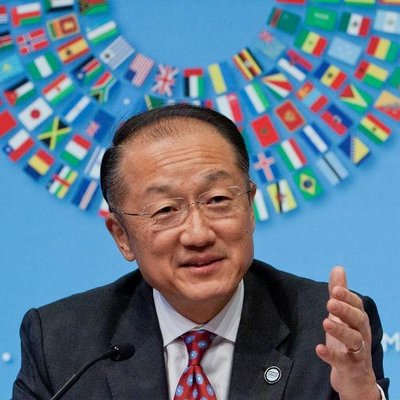The Food and Agriculture
Organisation (FAO) of the United Nations has warned that food insecurity
may be on the rise again over the course of 2018 farming season, reports NaijaAgroNet.
The number of food-insecure people in the South African subregion
is likely to rise over the course of 2018, partly reversing last year's sharp
decline, the GIEWS alert warned.
According to the latest Special
Alert issued by FAO's Global Information and Early Warning System (GIEWS) and made available
to NaijaAgroNet, FAO noted that
in 2016, crop production declined due to El Niño drove up significantly the
number of food-insecure people in the subregion.
In Malawi, for instance, FAO said, an estimated 6.7 million
people and in Zimbabwe just over 4 million people were food insecure.
“But the significant rebound in the subregion's cereal
production to a record level in 2017 led food insecure numbers to fall by up to
90 percent, according to official estimates,” FAO said.
Maize production in 2017 increased 43 percent above the
recent average and the subregion produced more than required for domestic
consumption for the first time in five years, even excluding South Africa,
a traditional net exporter. As a result, most countries were able to build up
inventories. The higher stock levels should be able to partly cushion the
effects of the likely production decreases to come. Local maize prices,
currently down on a yearly basis, also reflect favourable supply
conditions.
However, at the household level, many smallholders and rural families are still recovering from losses due to the severe El Niño- associated drought, and they are vulnerable to a downturn, GIEWS noted. This is especially the case where harvests in 2017 were poor, such as Madagascar.
It is also likely to be the case in areas where the weather
trends have been unfavourable, notably parts of Lesotho, southern and central
areas of Mozambique, western South Africa, southern parts of Zambia and Malawi,
eastern Zimbabwe and southwestern Madagascar.
Precipitation trends also matter greatly for the Fall
Armyworm, an invasive species that has now been detected in all countries
of the subregion, except Lesotho and Mauritius. While recent heavy rains in
some localities may have contributed to containing the pest's spread, the
general dry weather may help it spread and could exacerbate the impact on
yields.
Isaac Oyimah/GEE















